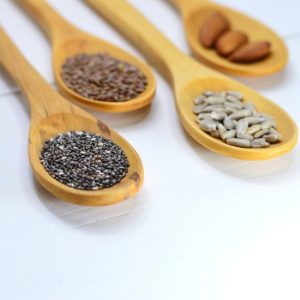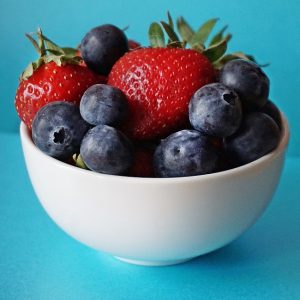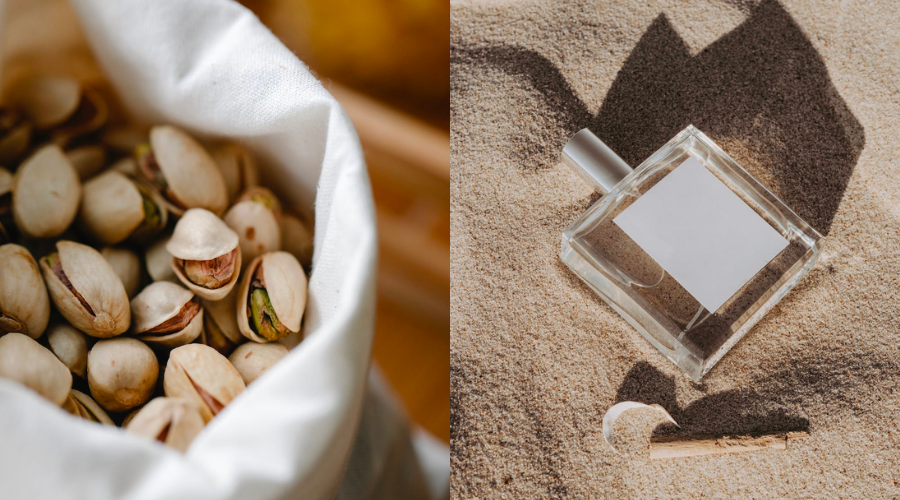There are two kinds of ‘foodies’ in the world – one, plant-based fanatics who are extremely health-conscious and love to try new diets. Second, the ones with a westernised approach for whom processed food is a staple in their diet and fruits and vegetables fall by the wayside, acting as mere accompaniments to the whole meal. But, is there a correlation between consuming foods under the western influence and increasing skin concerns? Could alternating dietary habits make a longstanding difference to skin health? Let’s find out.
What Existing Research Says
Several pieces of research (dated all the way back to 1999) show that settlements in remote locations like Papua New Guinea and Paraguay, with little to no Western influence on their diet, witness adolescents, young adults, and adults with no skin concerns. Not even a pustule, no blackheads, and a life free from the woes of acne. A further investigation concluded that the natives of these regions had a diet rich in whole foods, the majority of which were plant-based.
You Are What You Eat
In the last few years, the green wave has been gaining constant momentum. Individuals now accept that they need to make a conscious effort as consumers to embrace whole foods and stray away from dairy and animal protein. Significant cutting down of meats, processed foods, sugar, and dairy from your diet can make a substantial difference in aiding your skin health. Topical products are great for instant remedies. However, to fix pesky skin issues from the core, it is necessary to reassess dietary needs.
Now, this doesn’t necessarily mean that only vegan food is good for your skin. French fries are vegan too, but should they be considered as a healthy alternative? Absolutely not.
Consistency Is Key
Once you shift your diet, you’re in it for the long haul. Results won’t be instant, consistency and tenacity need to be your best friends. Start small, and gradually dive fully into it. You will witness a holistic sense of wellness because a happy body equals happy life. Your skin is not the only organ of your body that will thank you for this shift.
How Do You Alter Your Diet The Right Way
When switching your diet to a whole-foods, plant-based diet, it is essential to look at all aspects of your consumption instead of a simple distinction between vegetarian and non-vegetarian foods. Alternating agents of your diet is pretty simple once broken down into the must-haves and the firm no-nos.
1. You need to make sure your body is receiving an adequate amount of vitamins, minerals, fats, carbs, and protein without the ill effects of skin-inflammation causing agents.
2. Instead of consuming refined sugars, natural sweeteners (stevia, honey) is your way to go.
3. White rice and flour can be replaced by whole grains.
4. Artificial food additives (MSG) should be replaced with natural tastemakers and spices.
5. Substitute meat protein for plant-based proteins like legumes and lentils.
6. Processed and commercialised dairy products must be at a minimum.
7. Try out almond milk instead to get your required calcium intake.
Skin-loving Foods To Have In Your Diet
1. Walnuts

Walnuts are filled with vitamin B and antioxidant agents that protect your skin from inflammation and provide moisture from within, aiding individuals with breakouts as well. They’re also known to keep premature ageing at bay.
2. Seaweed
The best option for individuals who are heavy on their seafood diet, seaweed is an excellent source of omega-3. The fatty acids, humectants, and vitamin E in seaweed help provide a youthful glow.
3. Sunflower Seeds

Sunflower seeds are rich in fatty acids that act as collagen agents and aid in elastin formation. These nutrients provide a supple glow to your skin, and the diversity of the seed can make you use it in various recipes.
4. Kale
If you’re tired of those stubborn dark spots ruining your complexion, kale should be your go-to. Filled with vitamin K, C and E, kale is an overall brightening agent for your complexion.
5. Berries

Berries are packed with antioxidants that paint a beautiful picture for skin health. A few berries (that you probably didn’t know to fall under the category) like avocados, kiwis, watermelons, bananas are your skin’s best friend. Brightening, fighting early signs of ageing, reducing fine lines, and anti-inflammatory, these little dudes have proliferated properties that make them oh-so-wonderful. Not to mention, they taste fantastic.
So, to conclude, does a plant-based diet necessarily correlate with good skin health? Absolutely. However, it is always essential to draw inferences from every aspect of your daily diet. Dive a little deeper, and figure out what whole foods work best for your skin, and you’ll be met with the wonders of the plant world.























